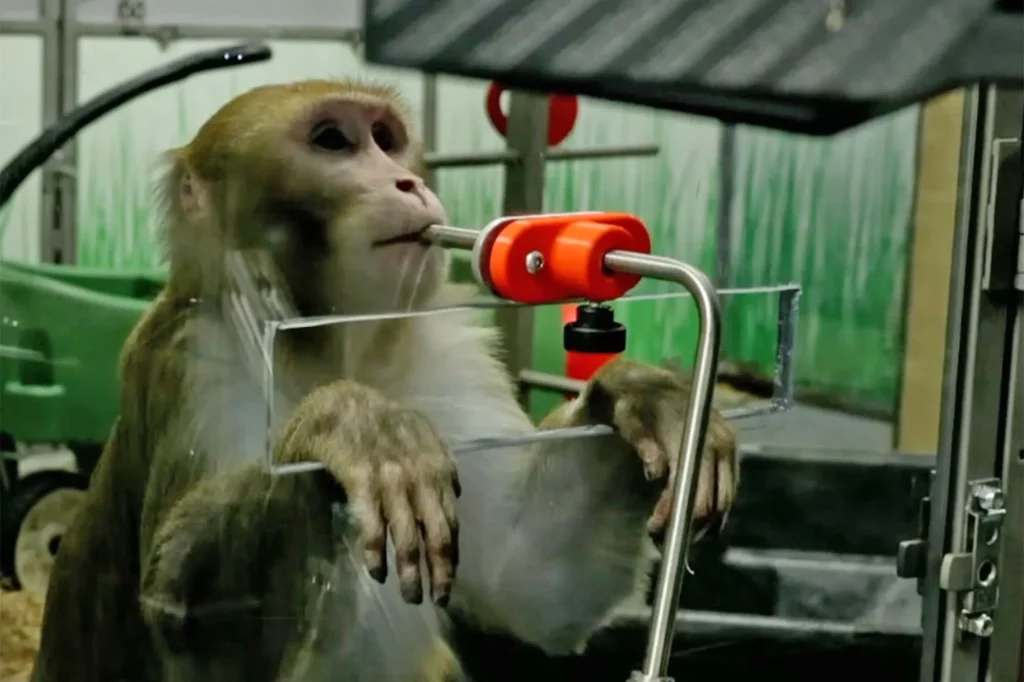Elon Musk startup Neuralink, which is the subject of a federal inquiry for its use of animals in animal testing, has been working to create a brain implant that would allow the blind to see and the paraplegic to walk.

Neuralink, a company founded in 2016 by Elon Musk and a group of engineers, is developing a brain chip interface that can be implanted inside the skull. The company claims that this interface would eventually allow crippled people to move and communicate again and will also help to recover vision.
The device by Neuralink features a chip that analyses and sends neurological signals that may be sent to gadgets like a phone or a computer.
The business envisions a day when someone could use their thoughts to operate a mouse, keyboard, or other computer features like text messaging.
Musk claimed in April 2021 that “the first @Neuralink device will allow someone with paralysis to use a smartphone with their mind faster than someone using thumbs.”
Eventually, according to Neuralink, its product will be able to revive neural activity within the body, enabling people with spinal cord injuries to move their limbs. The startup, which has offices in San Francisco and Austin, also aims to treat neurological diseases including Alzheimer’s and dementia.
Neuralink has provided numerous examples of successfully testing various aspects of its technology on animals, including a video from 2021 that showed a macaque playing a straightforward videogame after receiving a brain chip implant. The business demonstrated enhancements to the chip’s speed and capabilities in a presentation webcast last week.
Contrary to competitor Synchron, which has less aspirational ambitions for its medical advancements, Neuralink has not yet obtained U.S. regulatory approval to proceed to human trials. Neuralink applied to the Food and Drug Administration this year in order to commence human testing despite missing Musk’s publicly declared dates. Last week, Musk stated that in his opinion, Neuralink can begin human clinical trials in six months.
